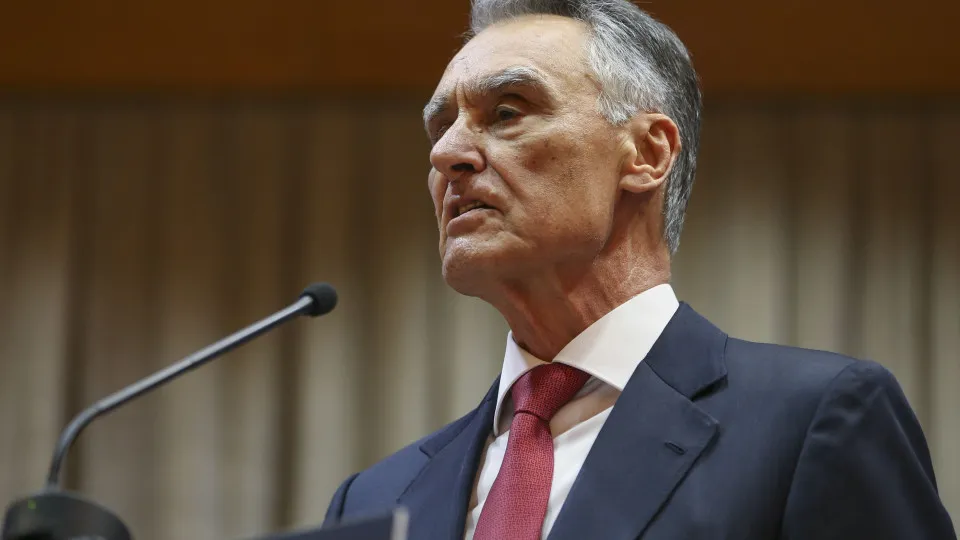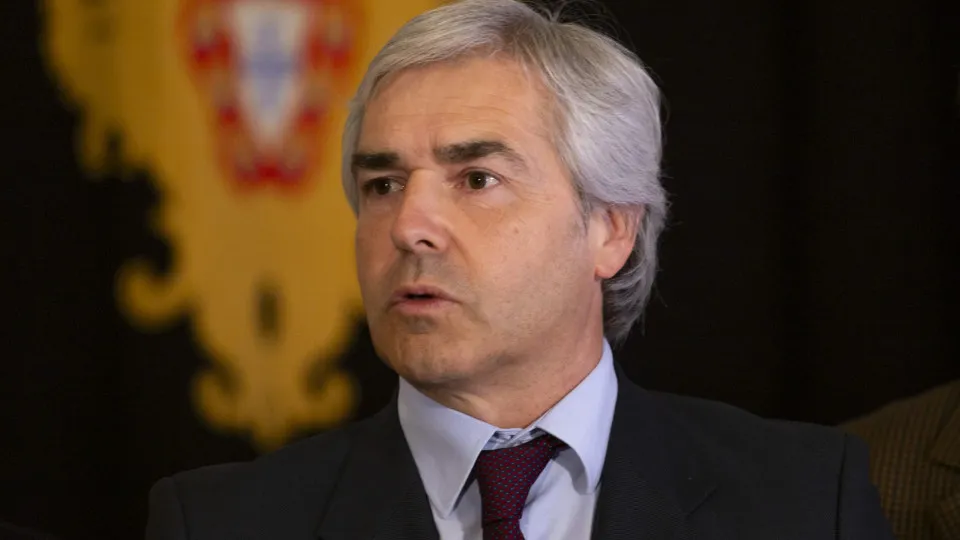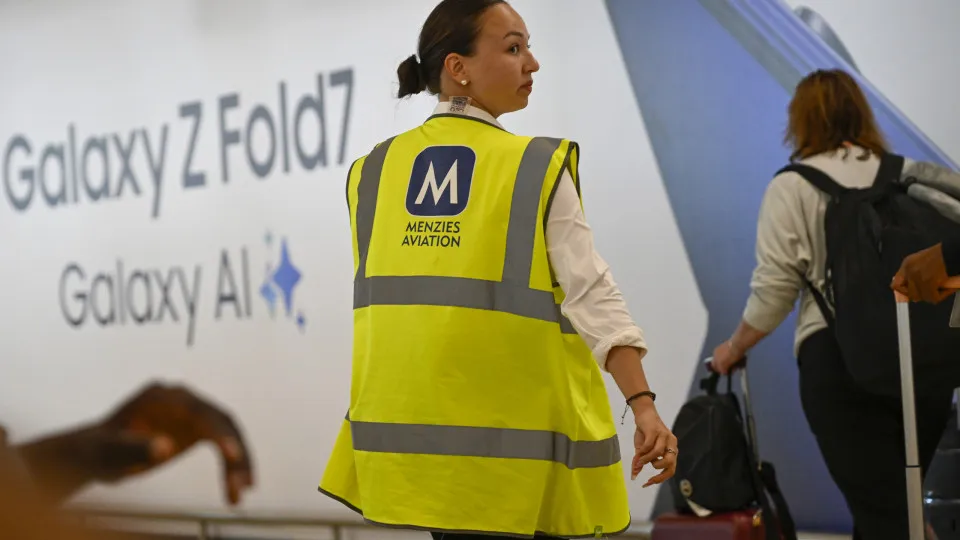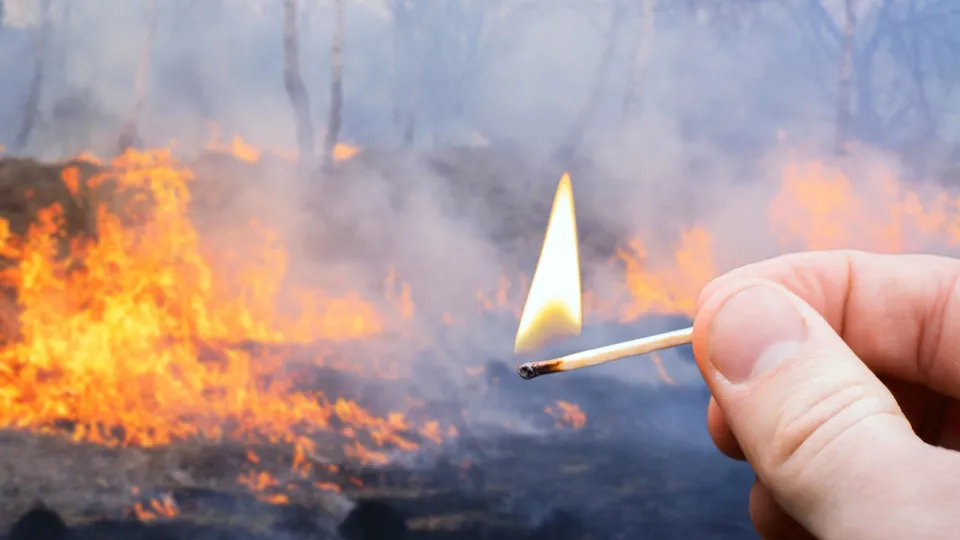
The predecessor of Marcelo Rebelo de Sousa outlined a series of essential characteristics for the next occupant of the Palácio de Belém.
In an article, Aníbal Cavaco Silva (Prime Minister from 1985 to 1995 and later President of the Republic from 2006 to 2016) enumerated six “behavioral rules” that he says are derived from “experience and knowledge accumulated in these functions”.
“I highlight: respect for the Constitution and democratic procedures, the defense of political stability, impartiality and independence from different political forces and tensions between government and opposition, sobriety, not fueling political intrigues in relation to anyone, and speaking truthfully to the Portuguese,” he states.
Cavaco Silva believes that “respect for these rules and procedures of common sense, true pillars of the exercise of the functions of any worthy President, is a necessary condition for their action in defending the nation’s superior interests”. He adds: “A necessary but not sufficient condition.”
The former head of state warns that “in a campaign, candidates for President can promise everything and more and say the greatest absurdities”. However, he emphasizes, “it is known that it is not up to the President to legislate or decide and execute policies […] He is an eminently political figure, elected by universal suffrage, who has a constitutional role.”
Cavaco Silva considers that a good President, to “contribute to the realization of the nation’s superior interest” must necessarily have “a good dose of political experience”.
“Without effective knowledge of the functioning of the institutions of our democracy, the specifics of partisan life, and the tasks of governance, its demands, constraints, and difficulties, it is difficult to materialize a magistrature of positive influence,” assures the former head of state.
“These are also essential requirements for an elected President to act as a last resort if the country is hit by a serious crisis,” he states.
The former head of state recalled that, in his case, during the economic crisis in the early 2000s, he had to engage in “contacts with the presidents of the European Council, the European Commission, the Eurogroup, and the European Central Bank, and with heads of state of European Union countries.”
The characteristics outlined by Cavaco Silva exclude two of the main known political candidates: Admiral Gouveia e Melo and Chega’s president, André Ventura. Both for the same reason: they lack experience in political positions.
The list only includes Luís Marques Mendes (from PSD, also Cavaco Silva’s party), who served as Minister of Parliamentary Affairs in the Durão Barroso government; and António José Seguro (from PS), who was briefly deputy minister to the Prime Minister, Antonio Guterres, at the time.




![Minister warns: "Government will not want [social] peace at any price"](https://www.portugalpulse.com/wp-content/uploads/2025/09/minister-warns-government-will-not-want-social-peace-at-any-price.jpg)